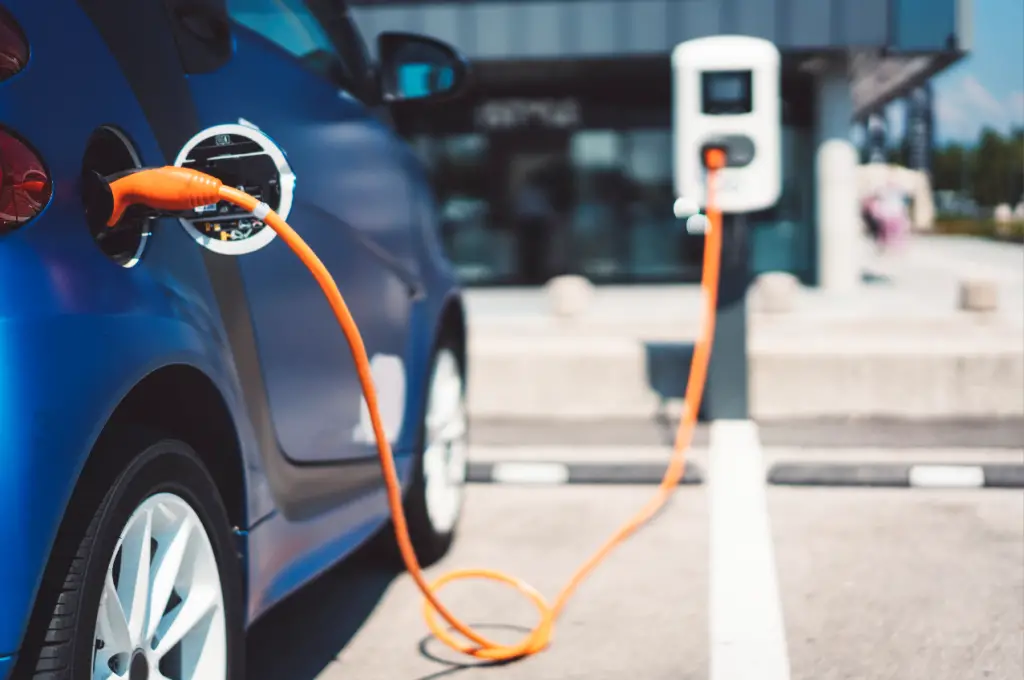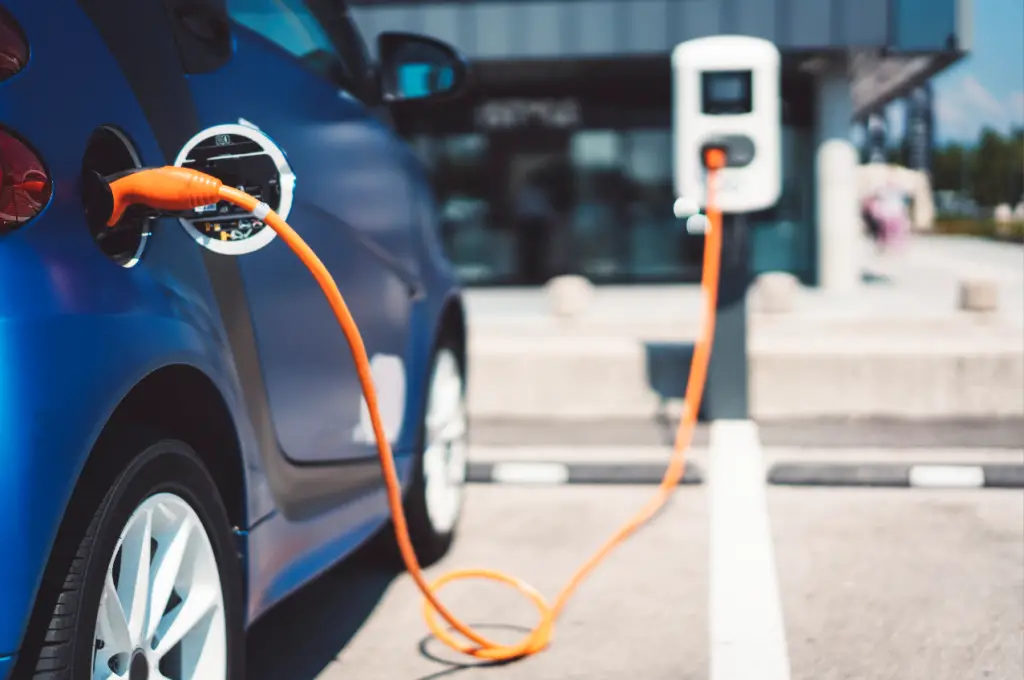Electric vehicles can help reverse Climate Change.
For any country to become a global economic power in the modern world, it is essential to ensure adequate energy security in a sustainable and scalable manner. The push for EVs will lead to a cleaner and greener future, and also, significantly contribute to energy security.


For any country to become a global economic power in the modern world, it is essential to ensure adequate energy security in a sustainable and scalable manner. The push for EVs will lead to a cleaner and greener future, and also, significantly contribute to energy security. Through EVs, we will not only be able to eliminate the reliance on oil for mobility, but also strengthen the grid and enable greater renewable energy generation through secure and stable power grid operations.
Transportation is a growing source of the global greenhouse gas emissions that are driving climate change, accounting for 23% of energy-related carbon dioxide emissions worldwide in 2019 and 29% of all greenhouse gas emissions in the U.S.
In a new report from the Intergovernmental Panel on Climate Change released on April 4, 2022, scientists globally examined the latest research on efforts to mitigate climate change. The report concludes that falling costs for renewable energy and for electric vehicle batteries, in addition to policy changes, have slowed the growth of climate change in the past decade, but that deep, immediate cuts are necessary to stop emissions growth entirely and keep global warming in check.
All-electric vehicles have grown dramatically since the Tesla Roadster and Nissan Leaf arrived on the market a little over a decade ago, following the popularity of hybrids.
In 2021 alone, the sales of electric passenger vehicles, including plug-in hybrids, doubled worldwide to 6.6 million, about 9% of all car sales that year. Strong regulatory policies have encouraged the production of electric vehicles, including California’s Zero Emission Vehicle regulation, which requires automakers to produce a certain number of zero-emission vehicles. The record is based on the total cars sold in California; the European Union’s CO2 emissions standards for new cars; and China’s New Energy Vehicle policy, all of which have helped push EV adoption to where we are today.
In India, EVs currently account for less than 1% of all vehicle sales, but there is a rapid growth in the market in various vehicle categories. There is no doubt that with the improvement of efficiency and increasing battery affordability through measures such as Battery as a Service solution, EVs will be the future of mobility in India. By 2030, India’s demand for EV batteries is expected to reach 900-1100 GWh. The domestic manufacturing of batteries is going to be crucial in meeting this demand.
Electric motors are simply more efficient than combustion engines, so more of the energy put in the battery ends up being used to drive the car. Especially when driving in cities, electric vehicles waste less energy. Also, there are simply no tailpipe emissions of air pollutants such as nitrogen oxides and particles. We still get particles from braking and from tyre wear, but overall there is less than from a petrol or diesel car. Electric vehicles can also bring down the noise, especially at lower speeds they are less noisy than conventional cars.
Health-wise, the main benefit is related to air quality. You will still have some air pollution from the electricity that goes into electric cars but this typically comes from power stations which might have better pollution controls than you could implement in a conventional car and are usually located further away from densely populated areas.
Source:
i) Alan Jenn (2022) How electric vehicles and other transportation innovations could slow global warming, according to IPCC
ii) Andreas Unterstaller (2021) Electric vehicles: a smart choice for the environment




